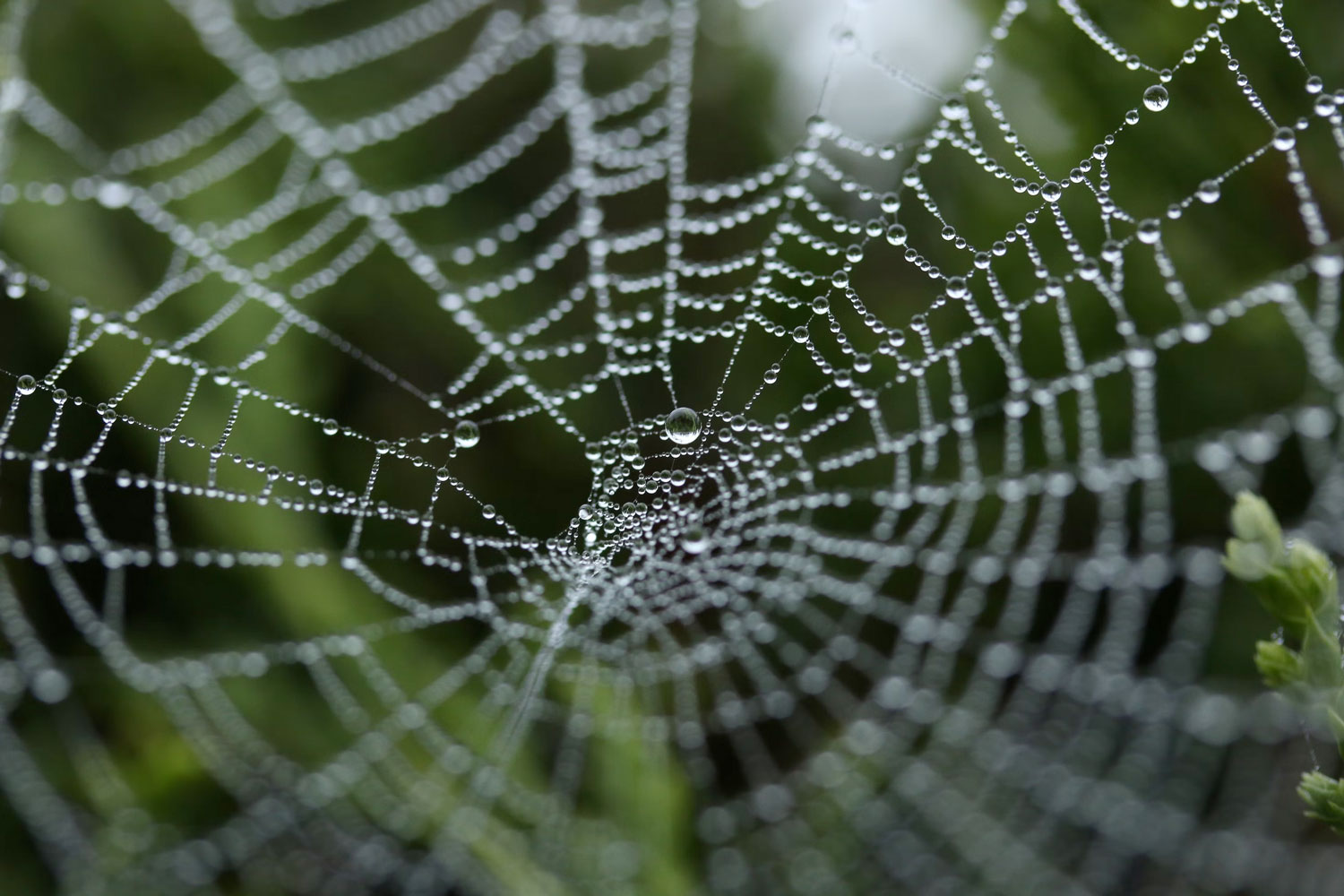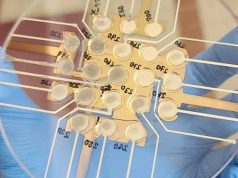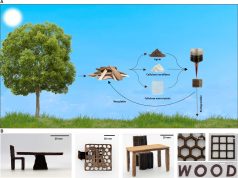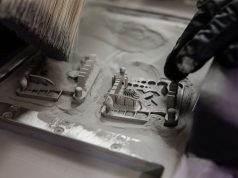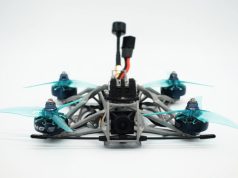A team of researchers at Virginia Tech University led by Jiangtao Cheng is investigating the possibilities of using spider webs as sensors for air monitoring. Nature provides the model: water droplets on spider webs act like particle traps, collecting pollutants and pathogens from the air.
According to Cheng, lasers can then analyze the substances collected in the droplets. The silk threads of the webs act as waveguides for the laser beams, transmitting the measurement results. Cheng now wants to implement the principle using 3D-printed artificial spider webs and smartphone apps as a reporting system.
The researchers are combining organic materials with plastics to create flexible and resilient web structures. The positions of the water droplets are precisely determined in the process. To capture more pollutant particles, electrodes are designed to further attract the particles.
According to Cheng, the sensors have many uses, such as monitoring air quality or quickly detecting pathogens. Nature serves as a source of ideas for developing smart biosensors. Cheng hopes to see the technology in practical use soon.
Subscribe to our Newsletter
3DPresso is a weekly newsletter that links to the most exciting global stories from the 3D printing and additive manufacturing industry.


